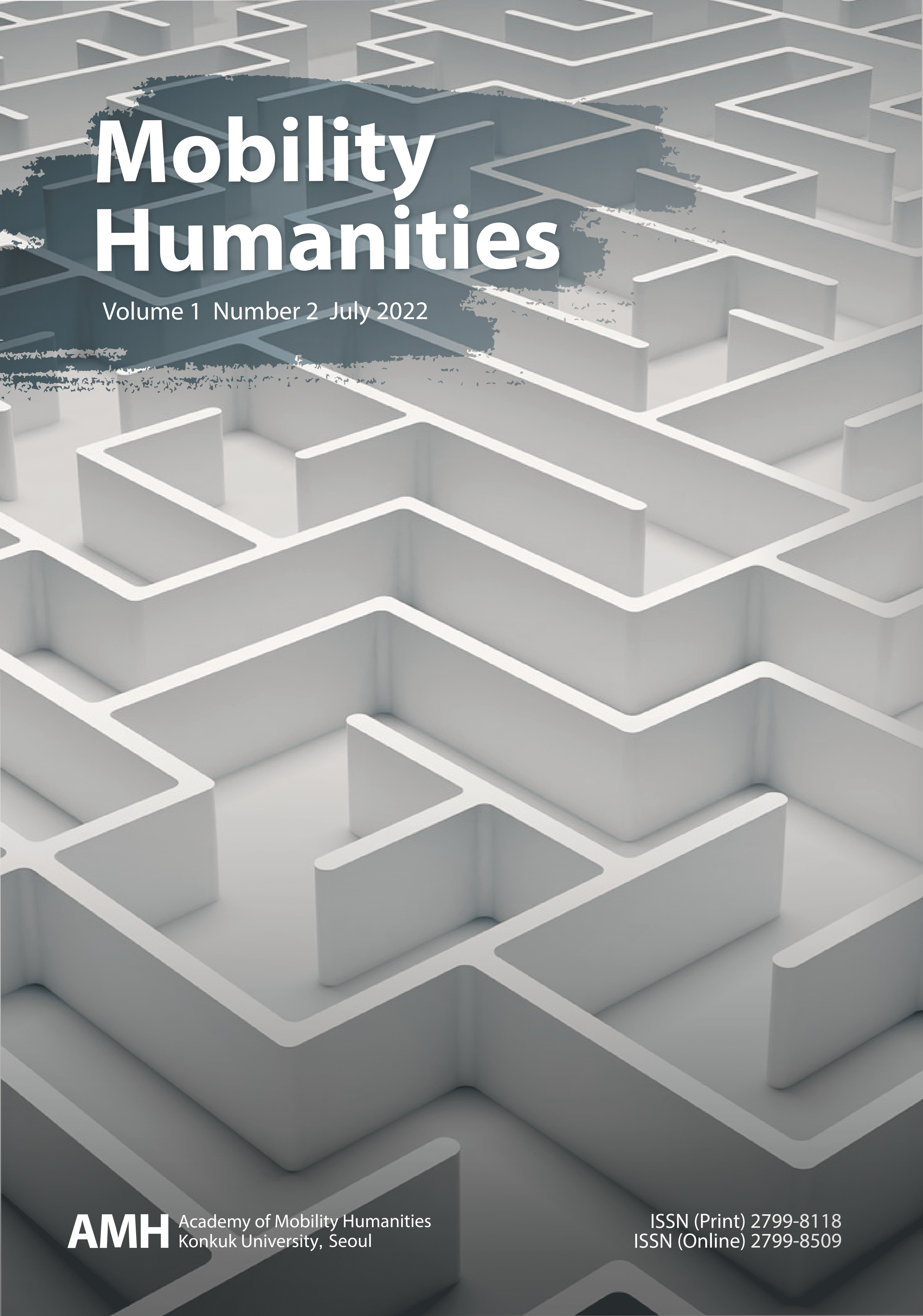The decorated Japanese author Horie Toshiyuki’s omnibus, Oparaban, collects first-person narratives of a Japanese temporary resident of late 1990s Paris for whom the city is but a lived space (Lefebvre) of everyday life practices (Certeau), filled with multisensorial effects that the subject (the narrator) is immersed in, absorbs, and feels susceptible to. The urban space of Paris is also heterogeneous and volatile, as sensed in Roland Barthes’s Incidents. My paper discusses the story “M” in this volume, which revolves around body memories (Casey) of an incidental friendship between the Japanese narrator and Moroccan men living in Paris that develops at a subway station, through watching Formula 1 races on TV, and over ethnic food made from supermarket ingredients. These circumstances complicate the binaries of mobility and immobility, immediacy and distance, authenticity and alterity, and memory and representation. The story reveals the ambiguity of Parisian urban space with its multiethnic commodities and racialised bodies that are both fluid and frozen. The intradiegetic narrator, in his attempt at making sense of memories still palpable in immanent time (Husserl), associates them with literary, photographic, and cinematic memories in topographical and topological terms, including Fritz Lang’s 1931 film M.
Publication Type
- Article



